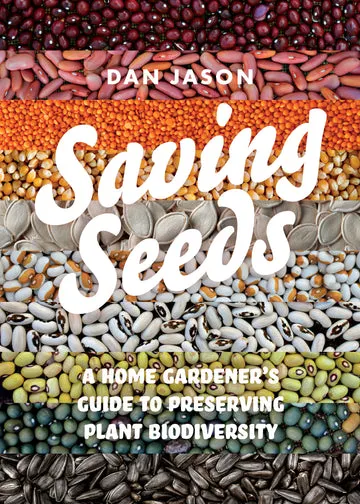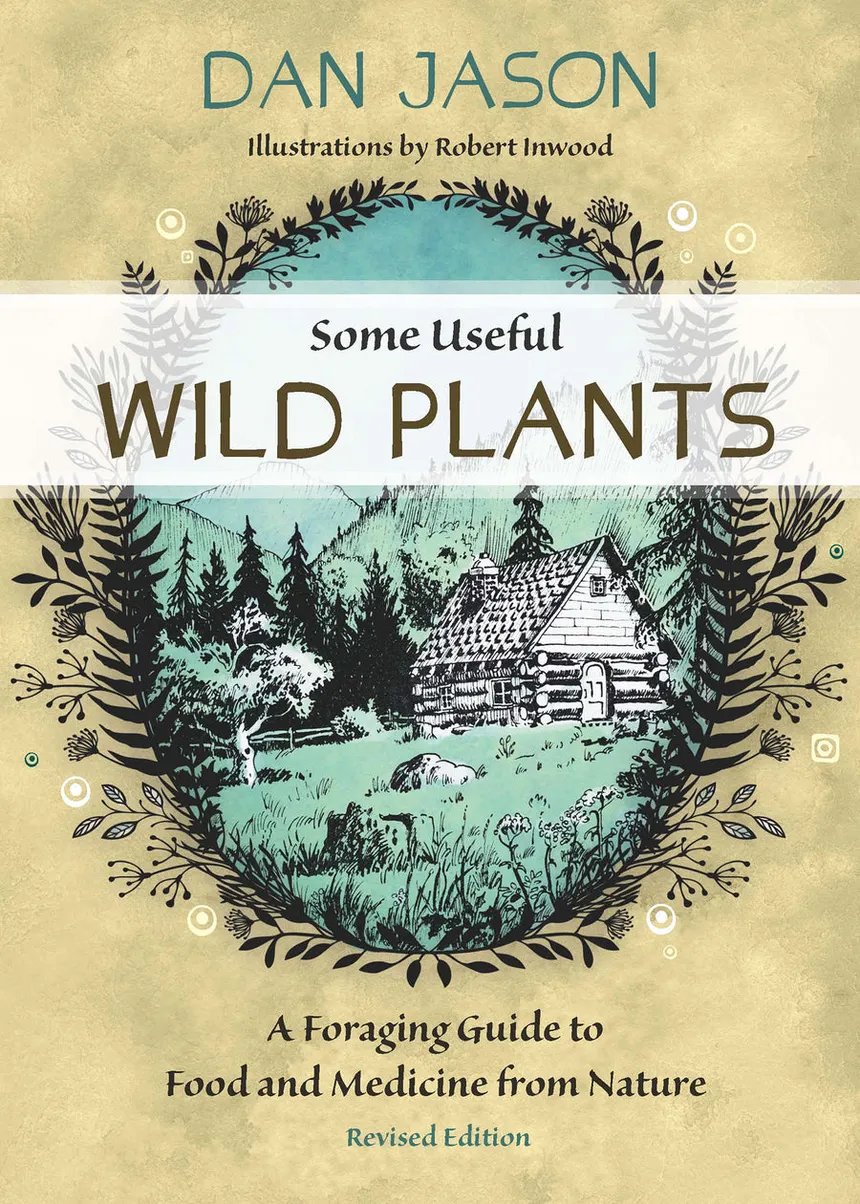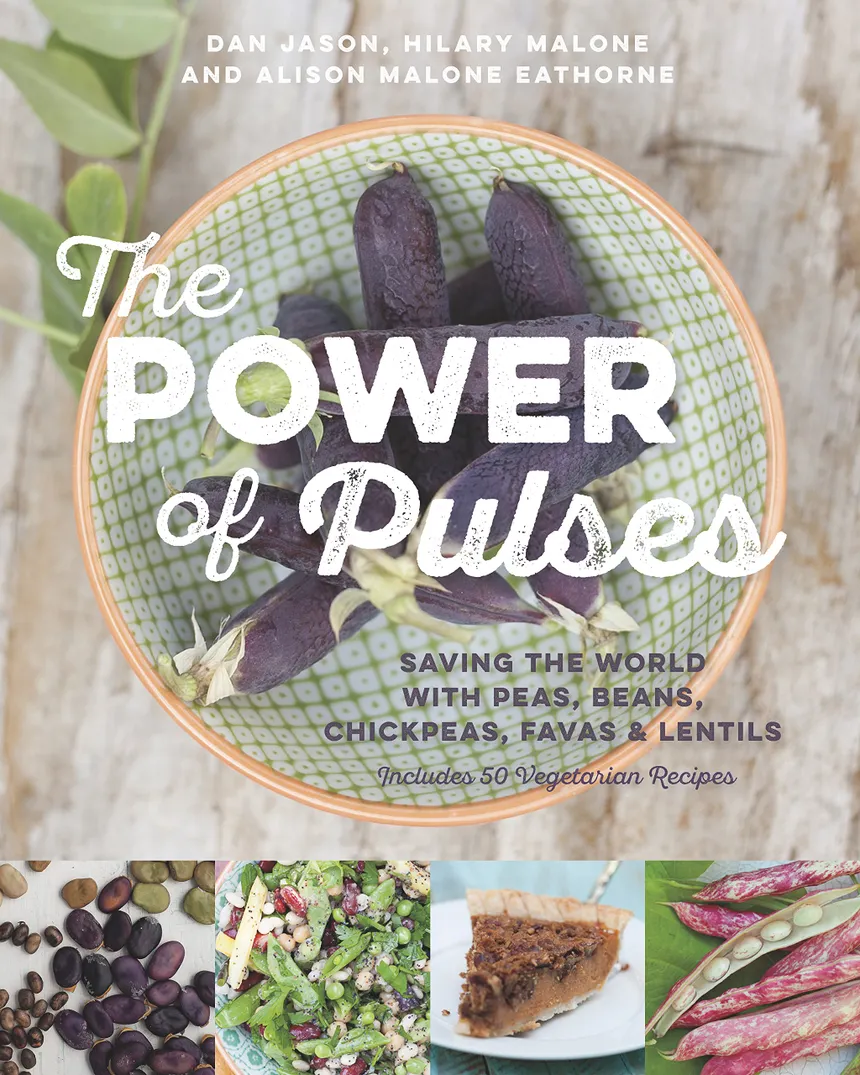Know Your Plants: A Guide to Seed Saving with Dan Jason
- SSI Farmland Trust
- Jul 14, 2025
- 2 min read
Updated: Nov 24, 2025
Learn how to confidently identify, grow, and save seeds from open-pollinated plants to maintain biodiversity, ensure food security, and preserve heirloom varieties.
This workshop is being offered on two separate dates, at Dan Jason's beautiful seed farm in the Toynbee Valley on Salt Spring Island. Accommodation and food not provided.

DATE
Saturday September 13th -
Time: 10-1:30 pm
Location: Salt Spring Seed Sanctuary, 250 Toynbee Rd, Salt Spring Island, BC V8K 2H8
Cost - $50/100/150 sliding scale
DATE
Sunday October 5,
Time: 10-1:30 pm
Location: 250 Toynbee Rd, Salt Spring Island, BC V8K 2H8
Cost - $50/100/150 sliding scale
This course is now full. Sign up for our newsletter to learn about more courses and workshops from the Farmland Trust.
Know Your Plants: A Guide to Seed Saving is a practical course designed for gardeners, homesteaders, and community growers who want to preserve open-pollinated and heirloom plant varieties. This course covers the essential knowledge needed to save seeds successfully, from understanding plant biology to mastering harvesting and storage techniques.
The course explores the difference between hybrid and open-pollinated plants. Students will learn why seeds from hybrid plants often don’t “grow true” and how open-pollinated varieties maintain their distinct traits from generation to generation. We’ll also discuss the importance of knowing a plant’s life cycle—whether it is an annual, biennial, or perennial—and how that affects the timing of seed collection.
Pollination is another key topic. Students will learn how different plants pollinate—whether by wind, insects, or self-pollination—and how to use spacing, physical barriers, or hand-pollination to ensure seeds remain true-to-type. Special focus will be given to crops like corn and squash, which require careful isolation or manual pollination.
The course also addresses the difference between market maturity and seed maturity. Participants will learn how to identify seed maturity in a range of common crops and how to properly harvest and process seeds, including both dry- and wet-fruited plants.
Finally, students will learn best practices for storing seeds, including ideal temperature and humidity conditions, labeling techniques, and expected seed longevity for different plant types.
Topics will include:
Seed Storage Best Practices
Harvesting Techniques
Pollination and Cross-Pollination
Plant Life Cycles
We encourage women, youth, Indigenous, and other under- represented communities to apply. If the sliding scale $50-$150 cost is a barrier, we encourage you to reach out and learn what scholarship options are available.
Dan Jason lives on Salt Spring Island, BC, where he founded the mail-order seed company Salt Spring Seeds. He has written many popular books about growing and preparing food sustainably, including The Power of Pulses and Some Useful Wild Plants.











Comments